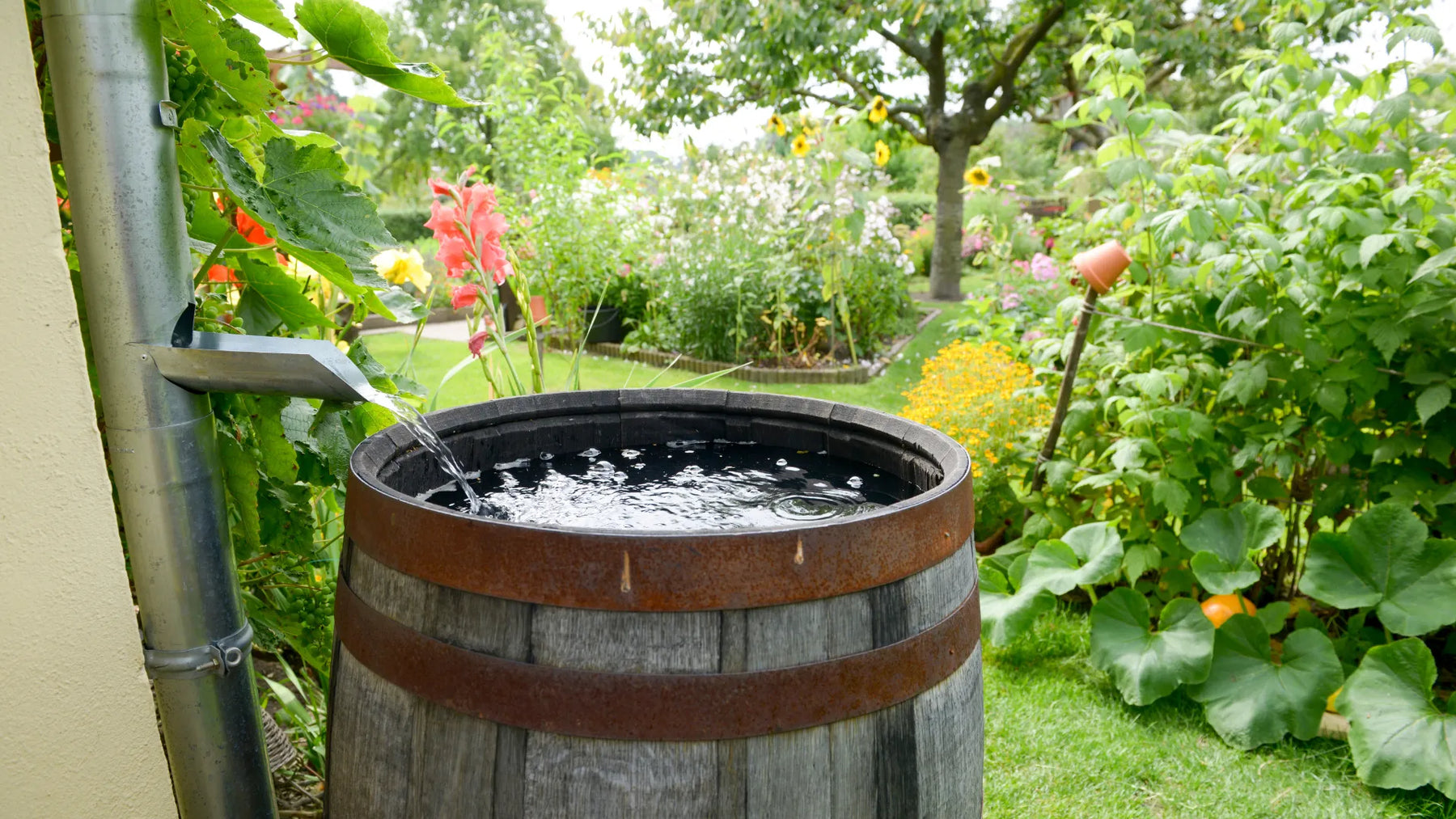
6 Key Benefits of Rainwater Harvesting
Rainwater harvesting is a sustainable and eco-friendly practice that involves collecting and storing rainwater for later use. There are many benefits to this practice, including:
-
Reducing water bills: By collecting rainwater and using it for non-potable purposes like watering plants or washing cars, you can reduce your reliance on municipal water supplies, which can help lower your water bills.
-
Conserving water: Rainwater harvesting helps conserve water by reducing our reliance on groundwater sources. By using rainwater for non-potable purposes, we can preserve our precious water resources and reduce the strain on municipal water supplies.
-
Improving water quality: Rainwater is typically clean and free of contaminants, making it ideal for a variety of uses. By collecting and storing rainwater, we can ensure that we have a reliable source of clean water that can be used for a variety of purposes.
-
Reducing soil erosion: When rainwater runs off, it can cause erosion and carry away valuable topsoil, which can be detrimental to plant growth and the environment. By collecting rainwater and storing it for later use, we can help reduce soil erosion and preserve the health of our soil.
-
Providing a reliable water source: In areas where access to clean water is limited, rainwater harvesting can provide a reliable source of water for both potable and non-potable purposes.
-
Promoting sustainable living: Rainwater harvesting is a sustainable practice that can help reduce our environmental impact and promote sustainable living. By using rainwater for non-potable purposes, we can reduce our dependence on municipal water supplies, conserve water resources, and reduce our carbon footprint.
In conclusion, rainwater harvesting is a simple yet effective way to conserve water, improve water quality, and promote sustainable living. Whether you're looking to reduce your water bills or reduce your environmental impact, rainwater harvesting is an excellent practice to consider.
Check out: Rainwater Harvesting — Nueyard
Leave a comment